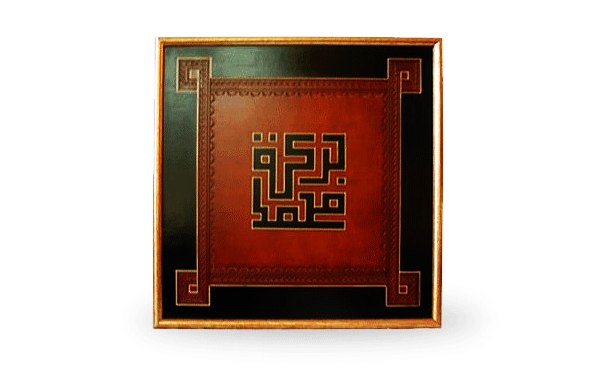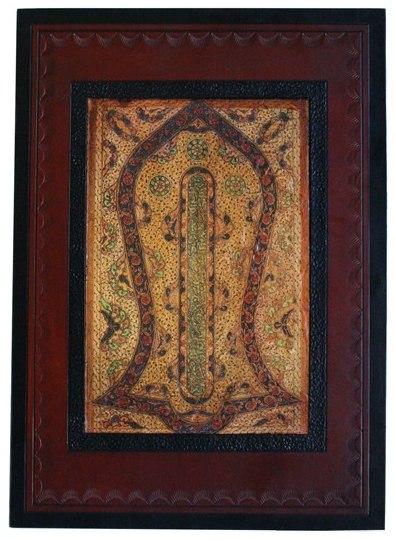A zawiya is a term used for a place of spiritual retreat. There is a special place in north Toronto, amongst various warehouse-type looking places, known as a zawiya. It is not open all the time, but on special occasions such as the first Sunday of every month, Thursday evenings, and various other annual events.
I’ve been there a few times and each time it is a special experience. During very crowded occasions, the sisters go upstairs and can see the event downstairs on a live feed. During more typical occasions, the sisters are in a room towards the back and the brothers are in the front.
Tonight was a typical occasion.
The room at the back is connected but divided by a semi-opaque curtain or a mesh screen. There is also an open area for food tables, and a bookshelf for a library.
Tonight I reach after iftar so people are in the process of enjoying their meal.
After some good conversation and food, the program begins. Shaikh Ramzy is leading the gathering. He is a Toronto native of Tunisian background. He studied in Damascus and references his studies there in his discourse.
The program begins with a short but deeply moving Qur’anic recitation. We are told the reciters are from a nearby masjid and joined us for iftar but will be leaving to reach in time to lead Isha at the masjid.
 We recite poetry in praise of the Prophet, peace and blessing be upon him, and dhikr (remembrance) of God. Some words are known but others are unknown.
We recite poetry in praise of the Prophet, peace and blessing be upon him, and dhikr (remembrance) of God. Some words are known but others are unknown.
It is difficult to explain but some things are understood with the heart, even if not with the cognitive mind.
Part of the experience of repeating the same phrase is to internalize the meaning. For example, repeating
“There is no god but God”
many times, allows the heart to grasp it at a deeper level each time it is repeated.
Acknowledging intellectually that there is only One God, and acting according to it are very different things.
Repeating certain litanies numerous times transmits the meaning of the words to the heart in a way that the heart affects the limbs in accordance to what has been recited. This is the purpose of the remembrance–In order that listeners become mindful of acting in accordance with the reminders sent by God and taught by his Prophets, peace be upon them all.
Shaikh Ramzy then begins a short lecture.
He mentions one of the brothers will be moving away shortly and he mentions that he feels sad.
However, he acknowledges that people move in and out of different communities and we should pray for the brother and his family and pray the new community is a good environment for him and that he has a positive influence on that community.
I see through the screen curtain that as the brothers come in and out of the gathering, and into and out of what I presume is the kitchen, they do not turn their back on the teacher. In fact, they back out into the adjoining room. I find this subtle action deeply moving and respectful.
Shaikh Ramzy tells of the importance of being of service to others, both Muslim and non-Muslim.
 He said people respond less to preaching than they will to good character and interaction. He tells his own story of his time in Damascus when complete strangers would leave food at his doorstep or put meat in his hands because they assumed he was a poor student. When he explained he was not in need of donations, he learned that many people were given this sort of hospitality, he was not the only one.
He said people respond less to preaching than they will to good character and interaction. He tells his own story of his time in Damascus when complete strangers would leave food at his doorstep or put meat in his hands because they assumed he was a poor student. When he explained he was not in need of donations, he learned that many people were given this sort of hospitality, he was not the only one.
He explained that one should not seek a reward or gratefulness from other people, but should serve others in accordance with God’s commands and for His sake. He learned the meaning of this lesson through the actions the strangers showed to him.
He also reminded us that what comes from the heart reaches the heart. Sincere service to others with a righteous intention will be felt by others because of the sincerity in that act.
As Prophet Muhammad, peace and blessings be upon him, taught:
“Actions are only by intentions, and everyone has only that which he intended”.
It is an important reminder and we make a mental note to renew our intentions in every action.
The lesson concluded with Isha inside the zawiya. The rooms were outwardly dimly lit, but the hearts were inwardly illuminated.

